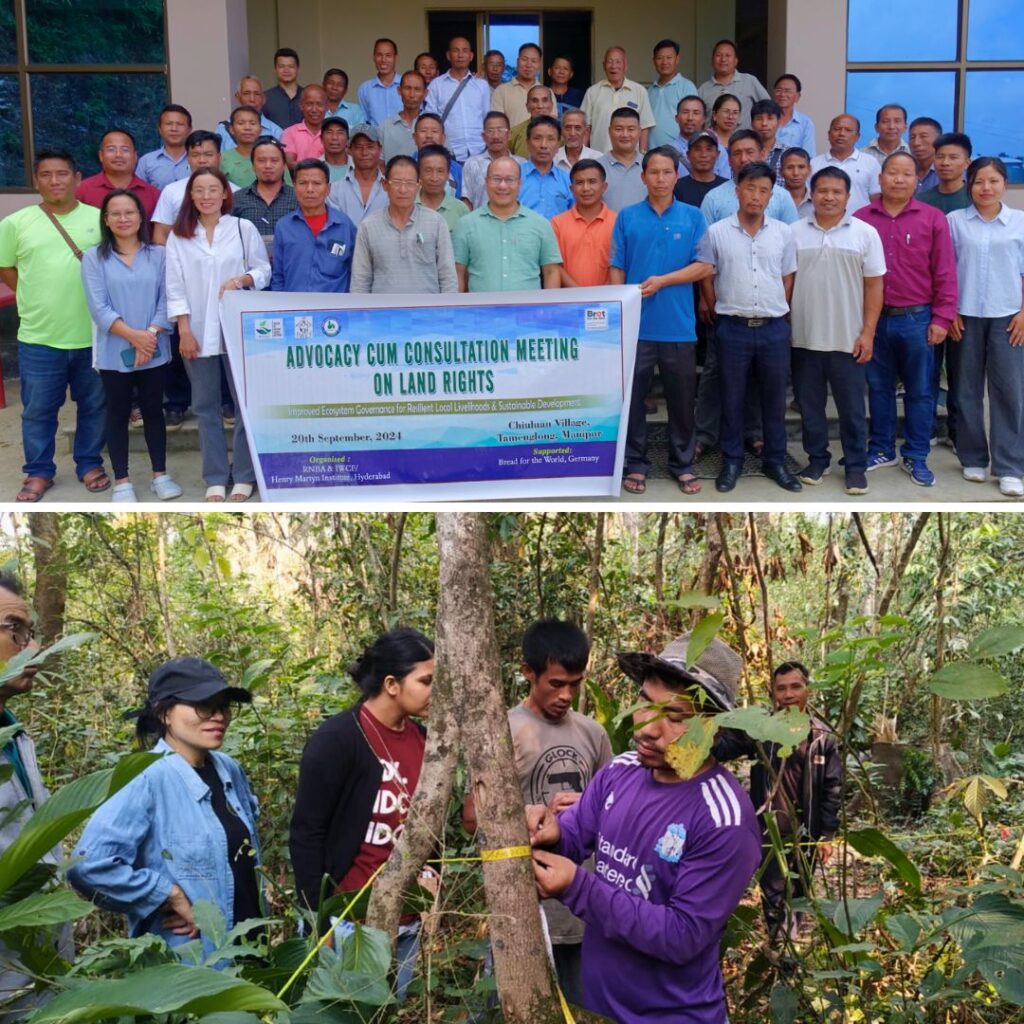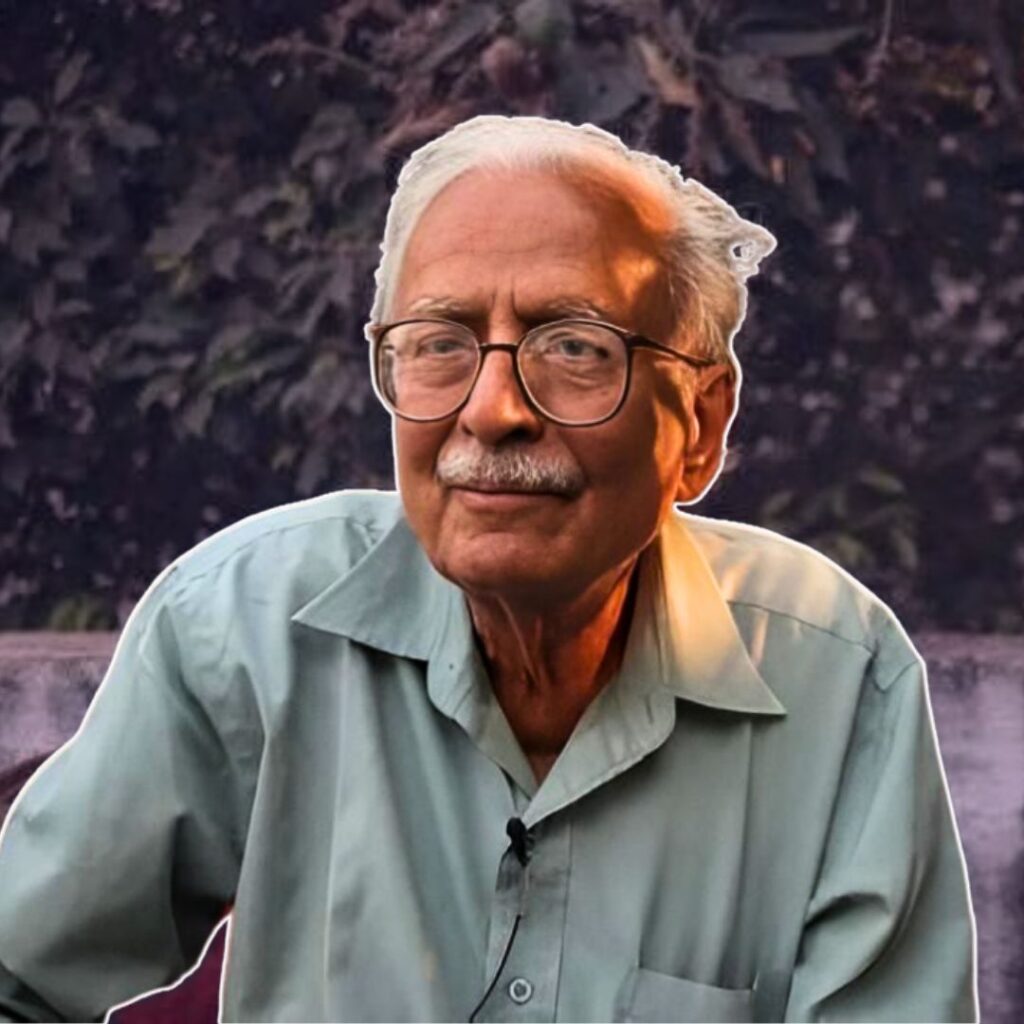Raj, an optimistic 24-year-old from Kolkata, has weathered the trials of Retinitis Pigmentosa, a relentless disease, causing gradual vision loss, since he was 5 years old. Despite numerous consultations with doctors throughout India, the heartbreaking verdict was always the same – no cure! Today, he retains just 5-10% of his vision, enough to perceive light and shapes, a small mercy which Raj regards with pure gratitude. A conversation with Raj will quickly reveal that he is the type of person who always sees the glass as half- full.
Education for Raj began in a reputed school in Kolkata, but his world was upended when the school discovered his condition. The administration threatened to complicate matters for his older brother if Raj wasn’t withdrawn. With heavy hearts, his parents complied, beginning a hunt for an accepting school. They explored blind schools in Delhi and Bangalore, but the subpar conditions that prevailed during that time discouraged them. The landscape of special schools has since improved, Raj acknowledged. By chance, they stumbled upon a mainstream school run by a principal with a disability. The acceptance and support Raj received there, from teachers and students alike, etched a lasting impression of joy and gratitude in his heart.
The school’s decision to deny him a writer for his 10th standard exams, however, posed a new challenge. An unfair offer to have another student take his exams was outrightly rejected by Raj and his parents, opting for integrity over ease. To everyone’s surprise and initial disbelief, Raj excelled, impressing his teachers, and making them look at him in a different light. This determination culminated in him topping his school in the 12th grade.
Parallel to academics, Raj’s love for music was kindled at age nine. Post-school, this passion matured into a serious career aspiration. His pursuit was initially thwarted by a musician friend’s assertion that his blindness would hinder his ability to work as a music programmer.
Undeterred, Raj sought help from an NGO recommended by a hospital in Hyderabad, where he learned to operate a computer and a smartphone equipped with a talk-back feature. This technical literacy was a significant achievement for Raj and opened up a whole new world for his career to take flight.
Upon college graduation, during the onset of the Covid-19 pandemic, Raj embarked on sharing his musical talent on YouTube, using just his father’s iPhone. His spirits were lifted upon hearing about a blind music programmer flourishing in the Tollywood industry, prompting him to question, “if he can, why can’t I?” Research revealed numerous blind individuals thriving in similar roles, encouraging Raj further.
Nurturing his dream of owning a music studio, he sought guidance from Pradeep, another Kolkata-based musician. Within six months, he established a recording studio, sharing his songs on YouTube. His efforts caught the attention of Atypical Advantage, a platform that granted him various shows and opportunities. Today, Raj works as the official grand pianist at a five-star hotel, playing the oldest grand piano in Asia, a source of immense pride.
Raj’s life is a testament to resilience. His gratitude for the support he received from friends, family, and teachers is profound, acknowledging their role as his luxury. His ambition soars as he dreams of gaining fame as a brand, like his idol, Adele.
Raj embodies the idea that disability does not define a person’s ability or spirit. Throughout the conversation, Raj barely speaks of his disability but only about the things he wishes to achieve in life. I suppose he is one such individual, who has somehow blurred the lines between what society terms as normal and disabled!
Also Read: WHO’s Cancer Research Agency To Say Aspartame Sweetener A Possible Carcinogen
https://thelogicalindian.com/h-upload/2023/06/30/500x300_232398-web-2023-06-30t170545409.webp
Uplifting
2023-06-30 11:58:57.0
How This 24-Yr-Old Pianist Thrived In His Career Despite Facing Vision Loss











